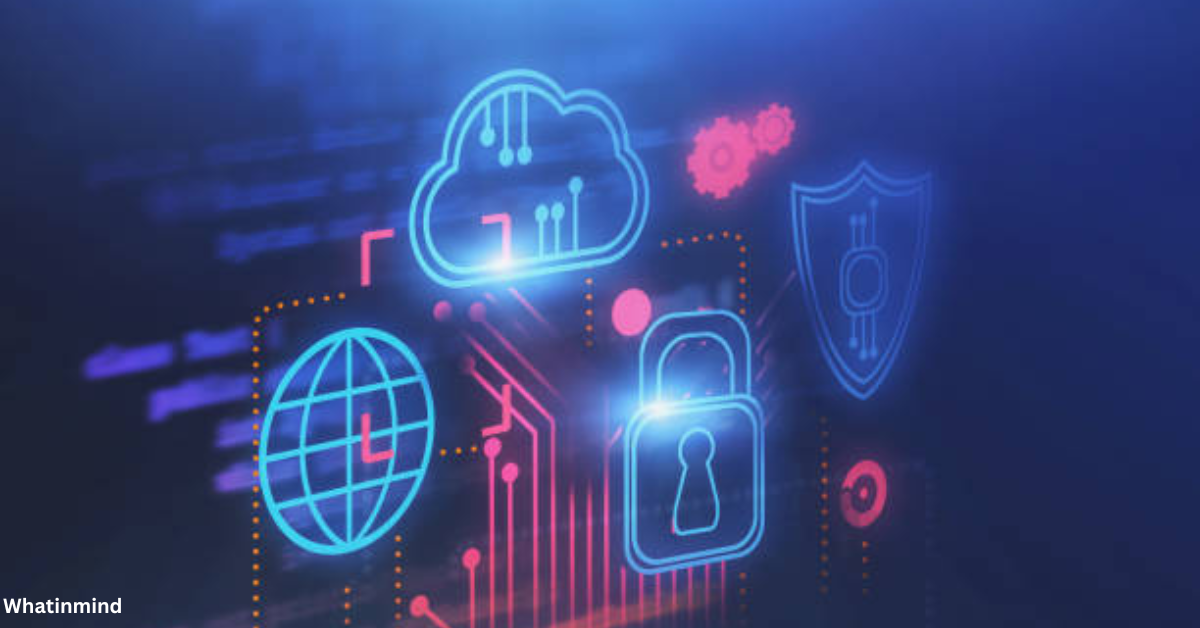In today’s digital age, cybersecurity has become increasingly important for maintaining the trustworthiness and dependability of information systems. Cyberattacks are on the rise, meaning businesses and governments are constantly striving to protect sensitive data and essential infrastructure.
The public and private sectors must work together to build a country’s cybersecurity defenses. This is not just a business concern but also a critical aspect of national security and economic stability. These alliances can lead to innovative strategies and robust solutions that safeguard the digital assets of today and tomorrow.
Key Takeaways
- Cybersecurity is a critical and growing global industry, with diverse companies contributing to its evolution.
- Technological innovation is critical and often benefits from international cooperation and an inclusive workforce.
- Education in cybersecurity is an essential tool in advancing public understanding and prevention of cyber threats.
Exploring the Global Landscape of Cybersecurity Firms
Cybersecurity has become a critical field in today’s digital age, with organizations worldwide contributing their expertise and innovations. Fortinet is an American company, is a prime example of how geographic origins play a minor role in the global cybersecurity narrative.
By continuing to work together, organizations are proving that their collective approach is highly beneficial in tackling today’s sophisticated cyber threats. Due to the wide range of origins and backgrounds of companies contributing to the sector, this trend has resulted in a diversity of perspectives and approaches.
Highlighting Technological Advancements Across Borders
The field of cybersecurity is rapidly evolving, thanks to a vast and interconnected network of research and development taking place worldwide. One of the main drivers of this growth has been the cultivation of a diverse workforce in technology, which is highlighted in a comprehensive report on the crucial role of diversity in cybersecurity. The report explains how having a diverse set of perspectives and experiences in the field of cybersecurity has been instrumental in fostering progress and innovation.
Collaboration on a global scale has also been a significant contributor to the rapid development of cybersecurity technology. By sharing knowledge and working together, organizations can quickly adopt best practices and cutting-edge solutions to strengthen their defenses against the constantly evolving cyber threat landscape. This, in turn, enables them to respond more effectively and efficiently to emerging threats, safeguarding their systems and data from potential breaches and attacks.
Cybersecurity as a Global Responsibility
Cyber threats have become an omnipresent danger in our interconnected world, requiring a collective and international response to ensure cybersecurity. The consequences of cyberattacks and breaches often extend beyond national borders, impacting global economies and individual privacy on a massive scale.
This reality highlights the urgent need for the creation and adoption of international cybersecurity standards and initiatives that ensure a coordinated and efficient response to threats. Collaborating and sharing resources to protect digital frameworks from vulnerabilities is crucial. Working together, the global community can establish a more secure digital environment.
Evaluating the Economic Impact of Cybersecurity Companies
The cybersecurity sector is not only pivotal for digital protection, but it also significantly contributes to economic development. Employment, innovation, and market dynamism flow from a robust cybersecurity industry, creating jobs and leading to innovation that spills over into other sectors.
Furthermore, when critical infrastructure is secure, there is a palpable enhancement of economic stability in industries that rely on digital services, demonstrating the far-reaching economic influence of cybersecurity companies.
Learning from Successful Cybersecurity Hubs
An investigation into regions renowned as cybersecurity innovation centers reveals a tapestry of measures and conditions fostering success in the field. These hubs often benefit from a combination of government incentives, vibrant tech communities, and partnerships between academia and industry.
By dissecting these success stories, key insights emerge, illuminating ways in which other regions might replicate such a growth-friendly environment, laying the groundwork for the establishment of new cybersecurity clusters.
Understanding the Challenges Facing Cybersecurity Firms
Despite the sector’s successes, it still needs its challenges. Cybersecurity firms routinely encounter issues ranging from legislative complexities to evolving threat landscapes requiring continuous adaptation.
Complicating matters, there is an industry-wide shortage of skilled cybersecurity professionals, which often hampers the ability to respond to and anticipate emerging threats adequately. Addressing these challenges is crucial for firm sustainability and global digital security.
The Ethical Considerations in Cybersecurity Practices
In today’s digital age, cybersecurity has become an essential aspect of our lives. It involves protecting our personal information, online assets, and sensitive data from malicious attacks. However, ensuring reliable cybersecurity is not just about installing firewalls and anti-virus software. It requires a comprehensive approach that balances the need for data security with the protection of privacy rights.
One critical component of reliable cybersecurity is adhering to ethical practices. It means that cybersecurity professionals should follow a set of guidelines that promote ethical behavior. These guidelines help to maintain public trust and uphold high standards within the profession. It also ensures that cybersecurity professionals conduct themselves in a way that is consistent with legal and moral standards.
Balancing the need for data security with privacy rights is an ongoing concern within the sector. The implementation of security measures should take into account the privacy rights of individuals and limit the collection of personal data to what is necessary.
Future Directions of Cybersecurity: Predictions and Trends
As technology continues to evolve rapidly, the landscape of cybersecurity is constantly changing. To effectively combat emerging threats, it is crucial to have a clear understanding of the future of cybersecurity. It requires identifying trends and innovations likely to shape the digital landscape and how we engage with it.
By anticipating potential advancements and vulnerabilities, we can develop proactive cybersecurity policies and practices that are designed to mitigate risks and safeguard against potential threats.
It is crucial to keep all stakeholders informed about the latest cybersecurity developments to promote preparedness and ensure everyone has the necessary skills to navigate the complex digital world.
Conclusion
The foundation of future defense strategies against cyber threats is education. Incorporating cybersecurity principles into educational programs is imperative to prepare the next generation. Informative campaigns and school initiatives are crucial for cultivating a cyber-aware public that comprehends and respects the nuances of digital security.
Doing so can create a better-equipped society to manage and neutralize the cyber risks in the digital expanse. The educational efforts have created a solid and adaptable society capable of facing the challenges of the rapidly changing digital landscape.



